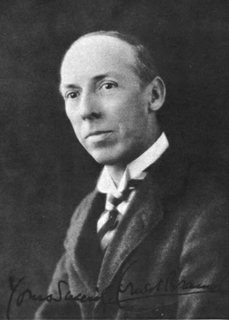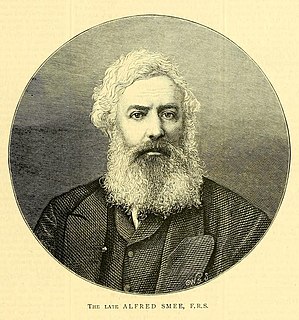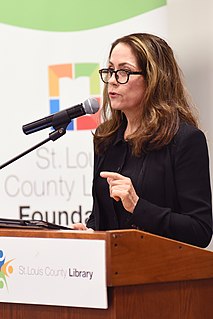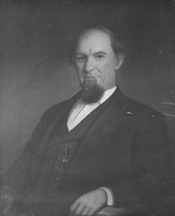A Quote by Ernest Bramah
At the mention of the name and offence of this degraded being a great sound went up from the entire multitude - a universal cry of execration, not greatly dissimilar from that which may be frequently heard in the crowded Temple of Impartiality when the one whose duty it is to take up, at a venture, the folded papers, announces that the sublime Emperor, or some mandarin of exalted rank, has been so fortunate as to hold the winning number in the Annual State Lottery.
Related Quotes
In our own times, you see, an emperor came to the city of Rome, where there's the temple of an emperor, where there's a fisherman's tomb. And so that pious and Christian emperor, wishing to beg for health, for salvation from the Lord, did not proceed to the temple of a proud emperor, but to the tomb of a fisherman, where he could imitate that fisherman in humility, so that he, being thus approached, might then obtain something from the Lord, which a haughty emperor would be quite unable to earn.
To what part of electrical science are we not indebted to Faraday? He has increased our knowledge of the hidden and unknown to such an extent, that all subsequent writers are compelled so frequently to mention his name and quote his papers, that the very repetition becomes monotonous. [How] humiliating it may be to acknowledge so great a share of successful investigation to one man.
I think being tortured as a virtue is a kind of antiquated sense of what it is to be an artist. It comes out of that Symbolist idea, back to Rimbaud and all that disordering of the senses and all of that being some exalted state. When I've been that way, I've always been less exalted than I would have liked.
But that had been grief--this was joy. Yet that grief and this joy were alike outside all the ordinary conditions of life; they were loopholes, as it were, in that ordinary life through which there came glimpses of something sublime. And in the contemplation of this sublime something the soul was exalted to inconceivable heights of which it had before had no conception, while reason lagged behind, unable to keep up with it.
There is still one of which you never speak.' Marco Polo bowed his head. 'Venice,' the Khan said. Marco smiled. 'What else do you believe I have been talking to you about?' The emperor did not turn a hair. 'And yet I have never heard you mention that name.' And Polo said: 'Every time I describe a city I am saying something about Venice.
So, in the infinitely nobler battle in which you are engaged against error and wrong, if ever repulsed or stricken down, may you always be solaced and cheered by the exulting cry of triumph over some abuse in Church or State, some vice or folly in society, some false opinion or cruelty or guilt which you have overcome! And I beseech you to treasure up in your hearts these my parting words: Be ashamed to die until you have won some victory for humanity.
As the flowers follow the sun, and silently hold up their petals to be tinted and enlarged by its shining, so must we, if we would know the joy of God, hold our souls, wills, hearts, and minds, still before Him, whose voice commands, whose love warns, whose truth makes fair our whole being. God speaks for the most part in such silence only. If the soul be full of tumult and jangling voices, His voice is little likely to be heard.
We don't know when our name came into being or how some distant ancestor acquired it. We don't understand our name at all, we don't know its history and yet we bear it with exalted fidelity, we merge with it, we like it, we are ridiculously proud of it as if we had thought it up ourselves in a moment of brilliant inspiration.
All the worth which the human being possesses all spiritual reality, he possesses only through the State... For Truth is the Unity of the universal and subjective Will; and the Universal is to be found in the State, in its laws, its universal and rational arrangements. The State is the Divine Idea as it exists on Earth. We have in it, therefore, the object of History in a more definite shape than before; that in which Freedom obtains objectivity...





































